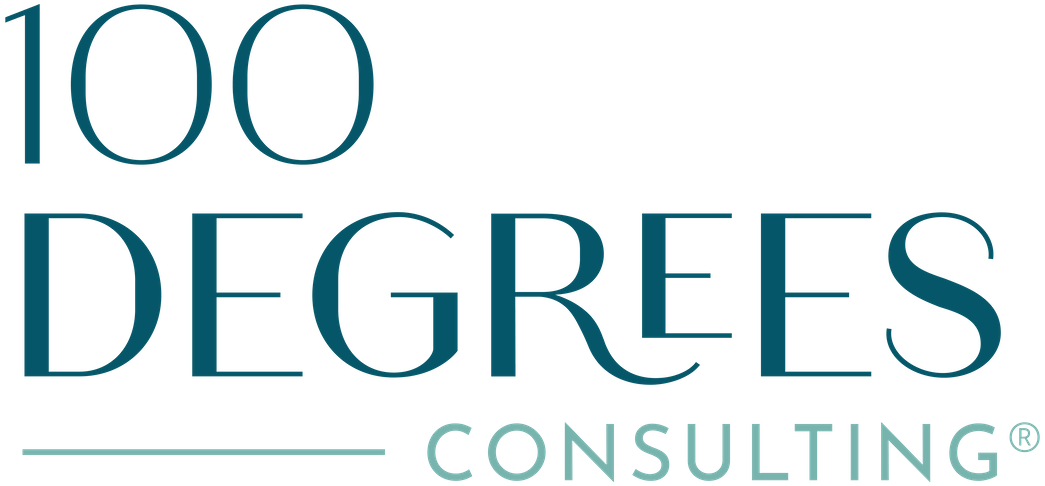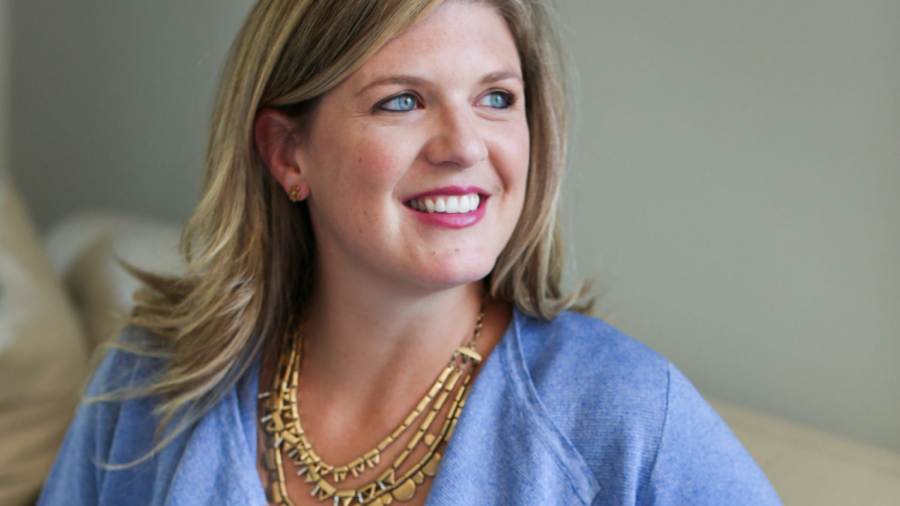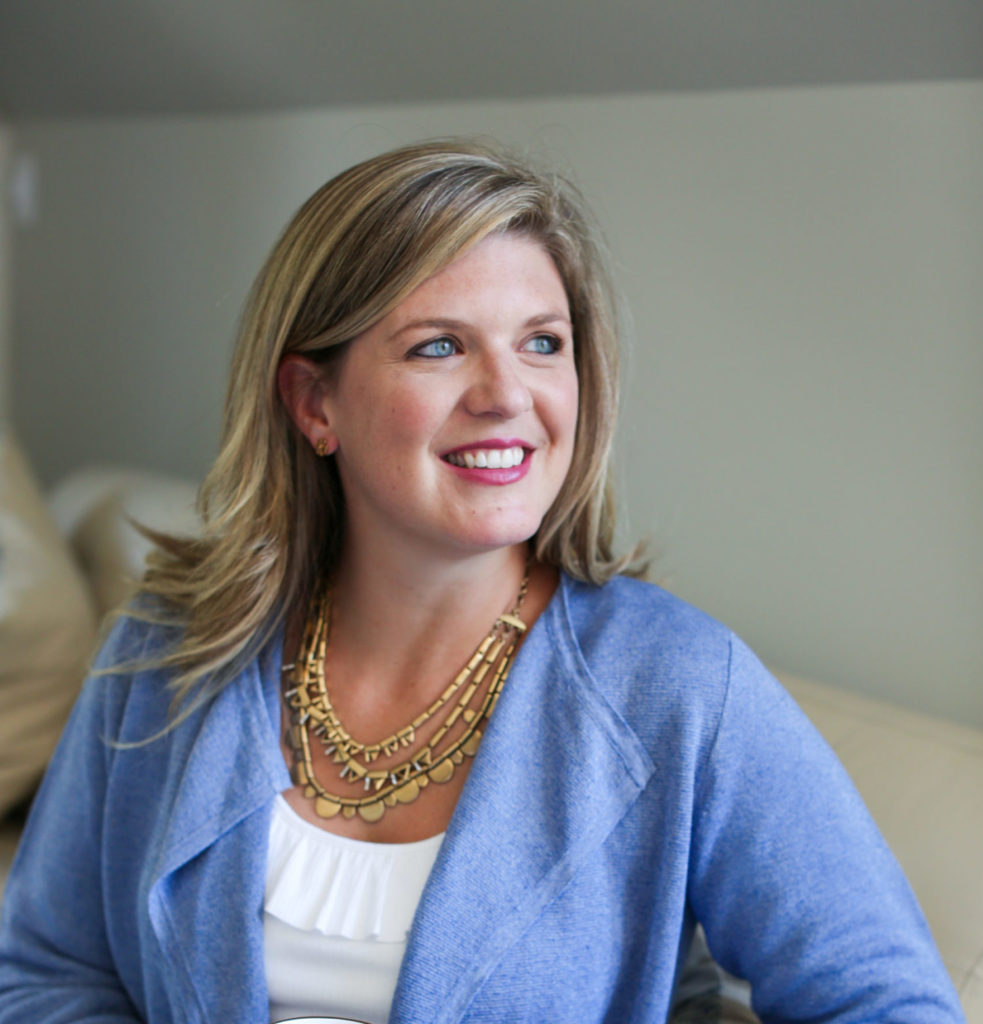One small action can make an impact.
Tomorrow is Election Day in the United States and millions of voters have already cast their ballots because of exactly that.
We know that our vote matters. Even though we are one in millions, our vote matters, this year more than ever before.
It got me thinking about how one small action I took, five years ago, has made an impact on my life and the lives of many, many others in a big way.
I took small, imperfect action, and sent emails to a carefully researched list of nonprofit leaders around the globe to see if they needed help with their financial management.
I’m pretty sure I had The Office on in the background and I’m definitely sure I asked my husband three hundred times Should I send it? Should I send it? Should I send it?
Spoiler alert: I took the small action. I sent the emails.
People responded.
I got one client, then four clients, and I had a business.
I’ll be the first to admit that if I could, I’d constantly be working on my business. I love the challenge of improving our client experience, the creativity of building and trying new things, and the freedom to do exactly what I want.
But sometimes it’s HARD. Launches have flopped. Clients have been unhappy. I’ve had to do things and have conversations that make me sick to my stomach. I’ve wanted to give up. I’ve wanted to turn and hibernate under a blanket and delete all of my emails.
Even though one small action can make an impact, it’s not always perfect. Here are my five biggest lessons from the past year:
- A flop is not a fail. Just because something doesn’t go the way you expected the first time, doesn’t mean it’s meant for the trash. Adjust and try again!
- Understand my strengths. Surprise – I’m not awesome at everything! Gallup’s Strengths Finder has been game-changing for our business and team to understand our work within our strengths.
- Simple to scale. You don’t need a business model with 15 different layers and revenue streams and goals. Simpler is always better.
- Hire people. Instead of trudging through work that’s outside of your Zone of Genius, hire amazing people to handle that work for you.
- Get nervous. If you don’t do things outside of your comfort zone, you will never experience the growth you want. I presented a new webinar this month that I was nervous about (but turned out so great!)
Thank you, for being a part of this amazing community of purpose-driven leaders. Your positive attitude, selflessness in service, and dedication of your life and work to helping other people is inspiring and humbling to me.
I’d love to know the biggest lesson you’ve learned as a leader this year! Comment below and let me know.























